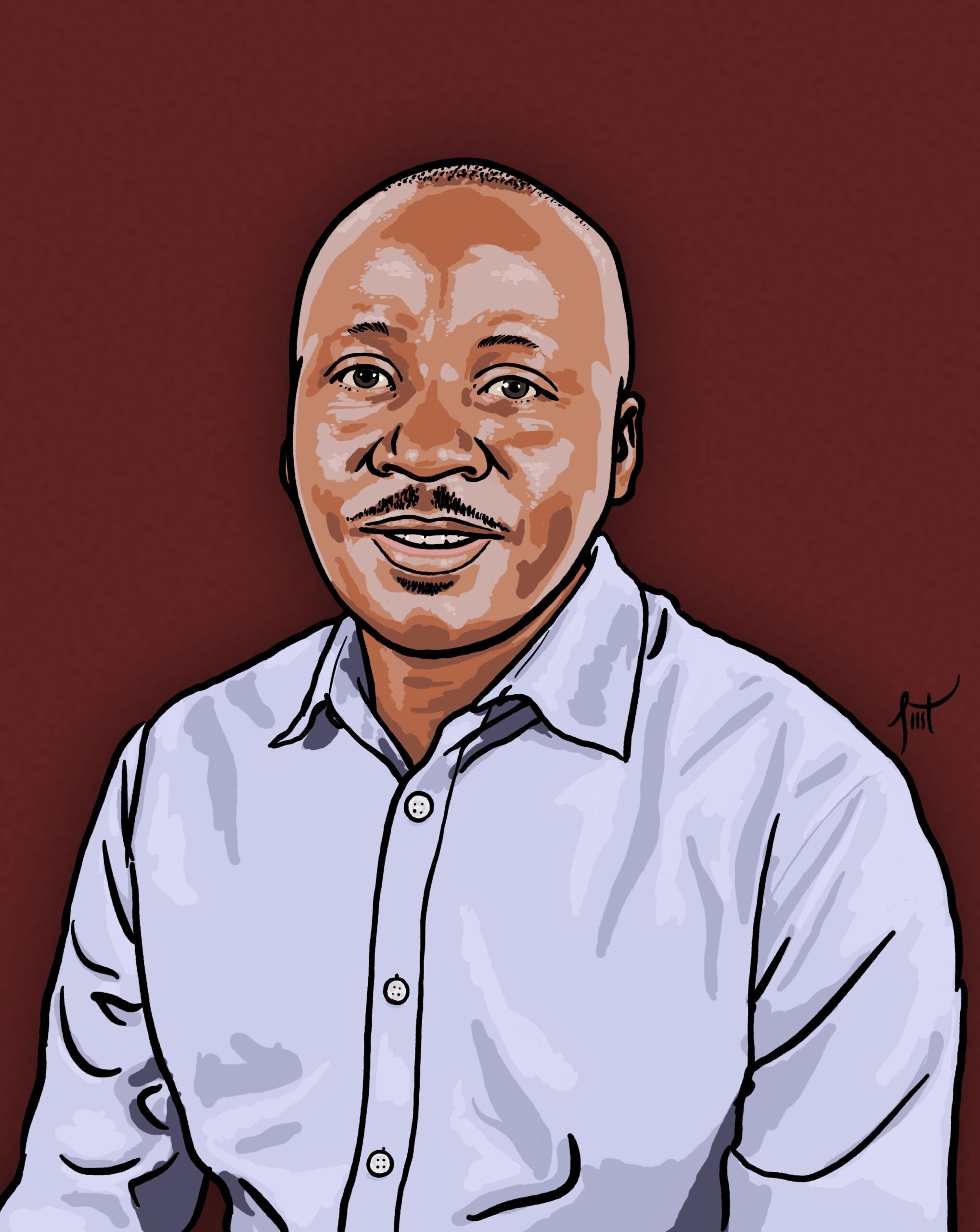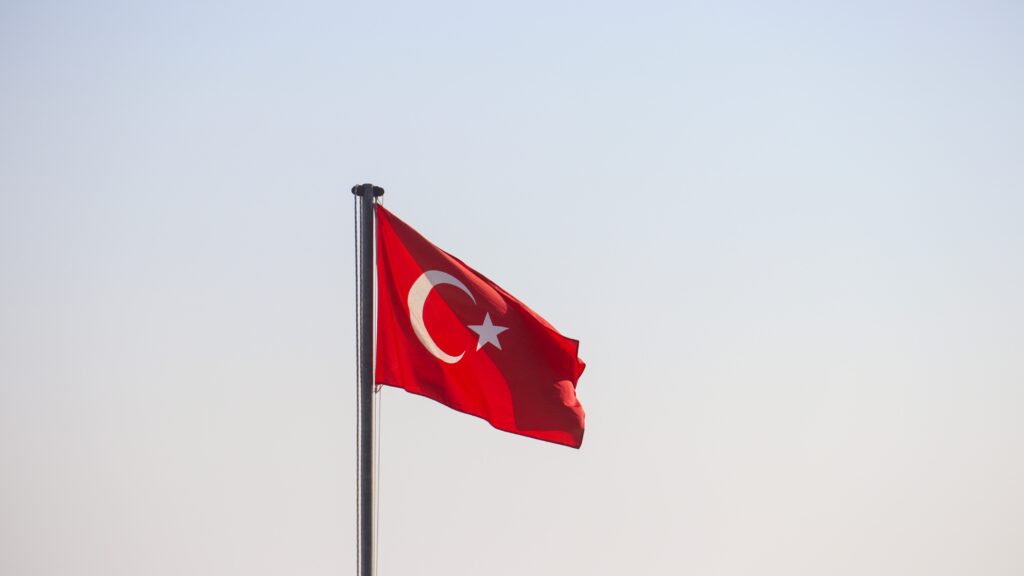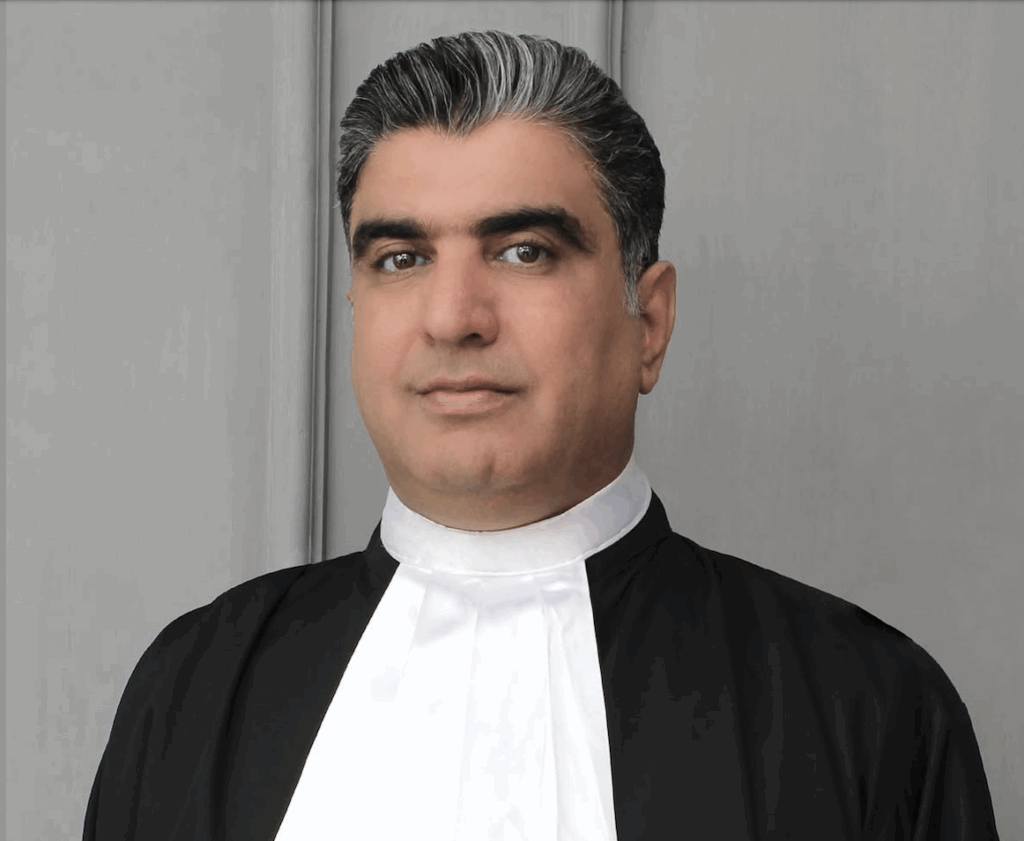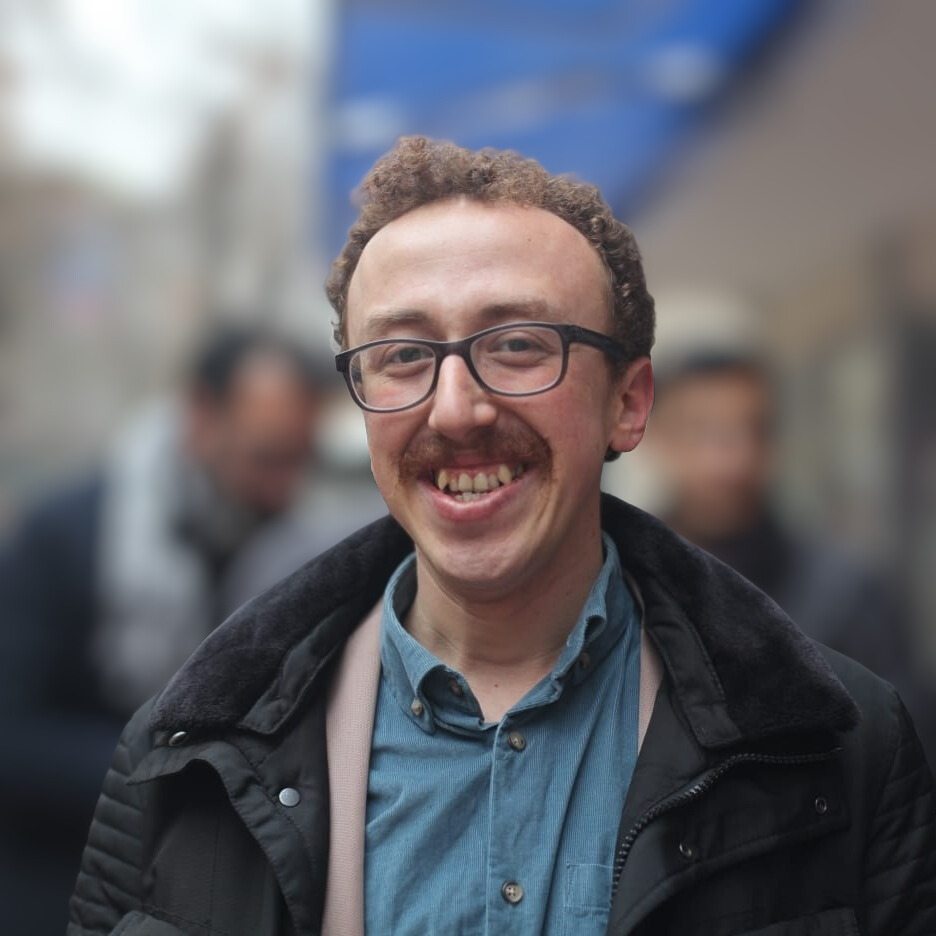Taking environmental matters to court, of course. But also standing up for the rights of lawyers and the judiciary, so that they can do their work undisturbed by national governments. According to Ugandan environmental lawyer Dickens Kamugisha, this is the way to fight environmental injustice.
‘You would rather not be put in a Ugandan police cell, certainly not between serious criminals. But I see it as part of my job.’ says Dickens Kamugisha, an environmental lawyer in Kampala, Uganda, and CEO of AFIEGO, an organization committed to environmental justice.
This has been a hot topic in Uganda, especially since oil was found near Lake Albert in 2006. A gigantic 1,200-kilometre pipeline will be constructed to run through countless nature reserves, villages and rivers in Uganda and Tanzania, in order to bring oil to a port on the Indian Ocean.
‘There’s no digging yet,’ Kamugisha tells via Zoom, ‘but they are busy with the acquisition of the ground. The project has a huge impact on nature parks and forests. People are being evicted from their land. The loss of your land here is the loss of your life: people depend on it for their food, their income, everything.’
According to Kamugisha, the government is acting against the law. ‘In such a project, you must identify the risks, have a clear, coherent plan on how to avert those risks and how you will measure whether you succeed in doing so. All of this is missing. We have seven court cases ongoing, both in Uganda and in other countries where there are companies involved in the oil project, such as France.’
AFIEGO also does capacity training and goes to the villages to tell people what their rights are, and that they should be compensated. But that is becoming increasingly difficult, according to Kamugisha. ‘In Uganda, the government is doing everything it can to prevent people from meddling in politics. That is why we are followed, hindered and harassed.’
So far, the climax has been October 2021, colleagues of Kamugisha were arrested because their organization supposedly didn’t have the correct permits – falsely, says Kamugisha. ‘After a day, they were released, but when they had to report to the police again, I joined them to support my staff. Unfortunately, we were all detained for three days, now on a different charge: we hadn’t supplied the right documents. Both accusations could only justify a fine at most, and are not crimes for which they’re allowed to arrest you. And we didn’t get to see a judge, even though this is supposed to happen within 48 hours.’
For now, it hasn’t come to a criminal case. ‘This robs us of the opportunity to show they didn’t have a case at all. They, want us to stop giving a voice to thousands of people who aren’t able to stand up for themselves. Those who help citizens hold the government accountable, or fight corruption, are the enemy.’
What’s his message? ‘We shouldn’t only litigate, but campaign on a national level for lawyers and judges to freely be able to do their work, without fear of repercussions.’
Kamugisha has experienced opposition in other cases too: ‘They will call you, pressuring you to quit. And the courts don’t help. Through inefficiency, corruption and the intervention by authorities, cases are never finished in time. I have a case from 2014 which still hasn’t had any hearings.’
Does Kamugisha expect the war in Ukraine to have an impact? ‘Its influence is already enormous. The energy market is getting tighter, prices have already risen by more than thirty percent. This makes it even more attractive for the parties involved to get the oil out of the ground as quickly as possible.’
Kamugisha was a guest speaker on the 19th of May at the seminar on “Environmental Justice and the Work of Environmental Lawyers”, organized by Lawyers for Lawyers and the Amsterdam Bar Association.
This interview was originally published in Dutch in the Advocatenblad and written by Trudeke Sillevis Smitt. Lawyers for Lawyers received permission to post the English version of the interview on our website.




